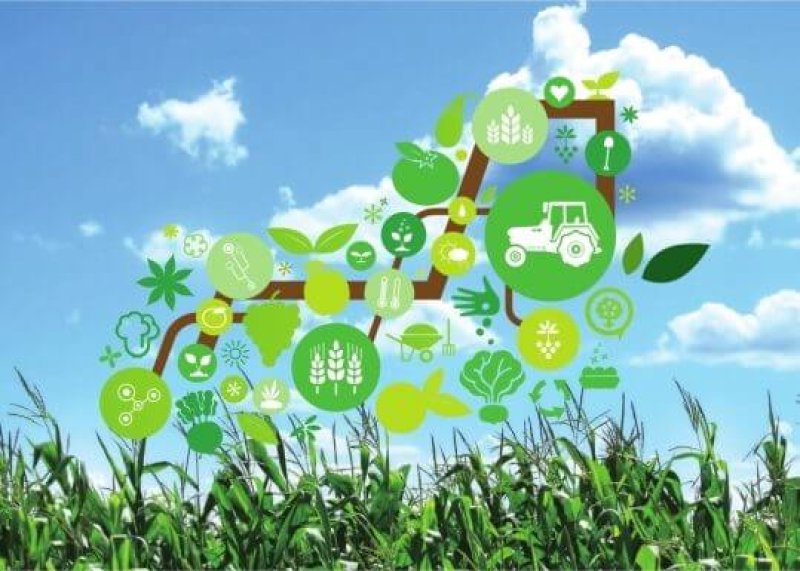Agriculture, livestock and fishing are the sectors with the greatest ecological impacts on the planet. Soon, in a generation, they will be virtually eliminated and confined to small niche markets; they will be relics. They contribute more than 20% of greenhouse gas emissions. They are the main factor that explains deforestation, the destruction of biodiversity and the extinction of species. Likewise, desertification, erosion, salinization, compaction and soil contamination.
…
However, a true technological revolution in human nutrition is underway thanks to biotechnology. On the one hand, it highlights the manufacture in industrial laboratories of a great meat substitute from vegetable elements. Also, its large-scale production from stem cells. The companies that carry it out have had notable success on the NY Stock Exchange (Beyond Meat, Impossible Foods). Furthermore, commercial development of high-quality protein is already underway, starting from precision bacterial fermentation processes (Solar Foods in Finland).
…
Huge territorial areas will be released that can be used for ecological conservation and restoration. It will be the greatest epic in favor of life and biological diversity on the planet. It will be the end of animal exploitation, and deforestation.
[Editor’s note: This article was published in Spanish and has been translated and lightly edited for clarity.]































